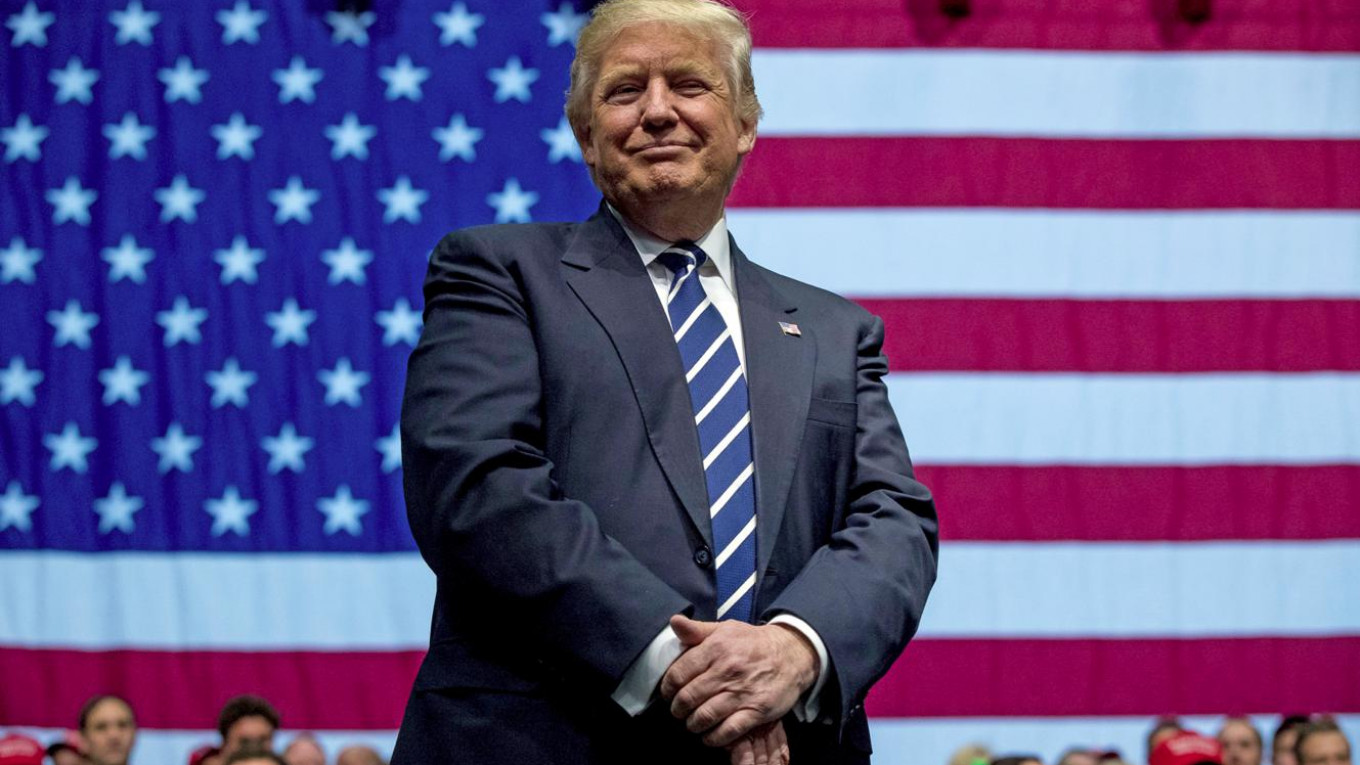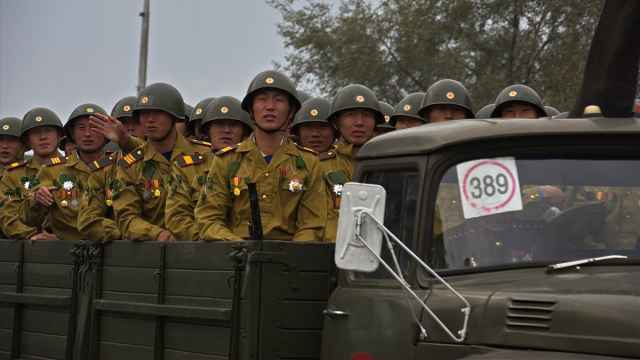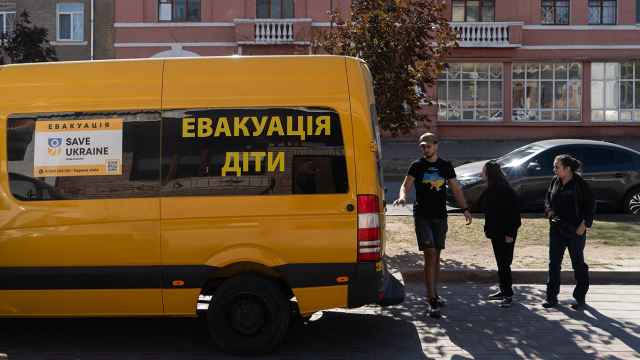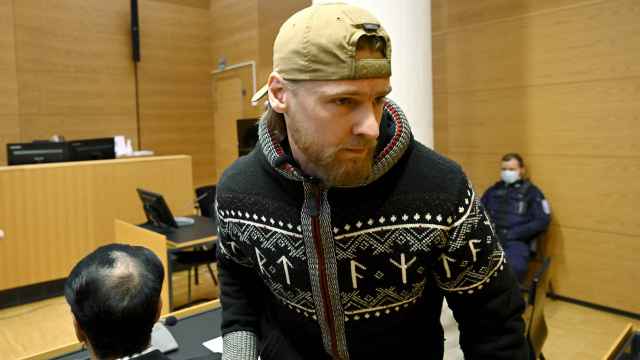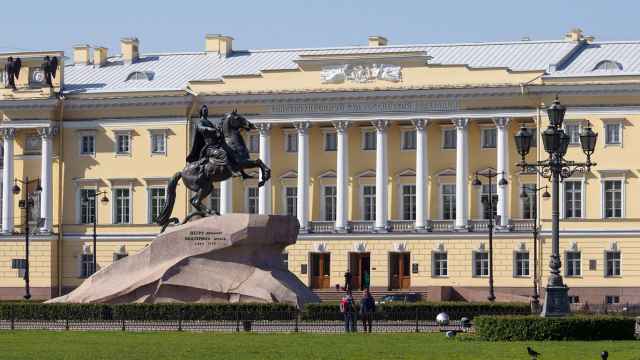No actor on the world stage was as publicly energized by the prospect of a Donald Trump presidency as Russia. At first glance, the support seemed entirely emotional. But there was also a rational interest: Trump was open to lifting sanctions, after all.
Sanctions have had a negative impact on the Russian economy, a fact that Russian President Vladimir Putin was eventually forced to admit. They have also diplomatically isolated Russia to an extent unseen since the Cold War.
With Russian industries struggling to survive without the support of Western financial markets — arguably the biggest impact of the sanctions regime — Trump, a so-called “dealmaker” with a relatable worldview, seemed to provide a lifeline for the Kremlin. But as Trump settles into office, it is growing clearer that sanctions relief is unlikely to come in the near future. And there is little Moscow can do to hasten it.
Even if Trump himself may want to lift sanctions — or trade them to his own interest — he will first have to negotiate with his own Congress at home, and then with his nation’s closest traditional allies across the Atlantic.
Neither will be easy.
What Does Trump Want From Russia?
Trump’s desire to strike a deal with Putin is not new, and has apparently not changed since he took office. In recent interviews, he reaffirmed his willingness to trade sanctions relief for Russian support in combating the Islamic State. He also said he would trade sanctions for a nuclear deal — apparently unaware that Obama already secured one in 2010.
“He simply doesn’t understand what to do with Russia yet,” says Fyodor Lukyanov, a Russian foreign affairs expert.
Trump, it seems, only knows that he wants to make a deal with Russia. To those ends, a meeting with Putin is expected in the near future. The focus will likely remain on the Middle East, where Putin and Trump appear to see eye-to-eye.
Beyond that, nothing is guaranteed.
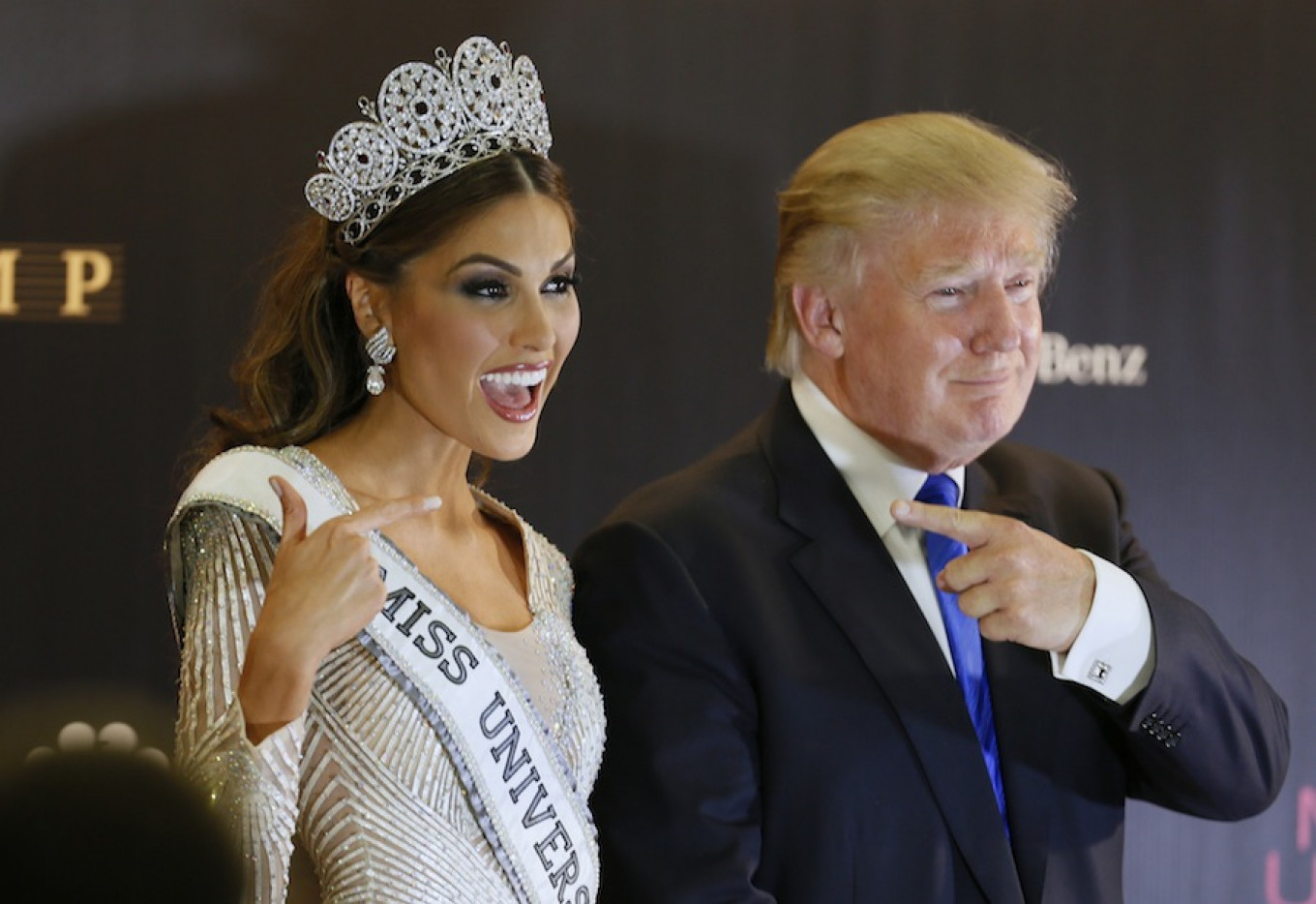
Regardless of the new administration’s rhetoric, there are many signs Russia will not be a top policy priority for the Trump administration. First, the administration is divided on Putin. Most notably, the new defence secretary, Gen. James Mattis, takes a much more hardline position on the Russian leader than Trump himself.
Second, the allegations that Russia somehow helped Trump win the election will likely compel him to avoid looking too eager to work with Putin. They also reduce the likelihood of sanctions being lifted in the near-term.
What Can He Actually Do?
Assuming Trump wants to lift sanctions immediately, to what extent can he act unilaterally? In short, that depends on the type of sanctions under discussion. Some can be lifted with the stroke of his presidential pen, while others are enshrined in laws passed by large margins in the U.S. Congress.
In terms of unilateral action, Trump has the greatest room to maneuver when it comes to the sanctions levied against Moscow for its actions in Ukraine. These are based on four Obama-era executive orders. Trump, as president, can annul them. He can also overturn sanctions placed in December by executive order as a response to Russia’s alleged election interference.
But Trump might not have the political capital to afford such unilateral action. President Obama, when signing the orders in question, enjoyed broad bipartisan support in the U.S. Congress for taking measures against Russia’s intervention in Ukraine. Many at the time, especially in Trump’s own Republican party, argued that Obama’s response was not strong enough.
Already, a bipartisan effort is underway to pass a bill that requires any easing of sanctions against Russia be approved by the Congress. If recent congressional actions are any indication, the proposal has a good chance of being passed. A similar law, restricting Obama’s ability to unilaterally lift Iran sanctions, passed in 2015 with bipartisan support.
The remainder of U.S. sanctions against Russia are acts of Congress, which means only they can overturn them. Specifically, these are sanctions imposed on Russia for violations of arms control statutes and violations of human rights.
Broadly speaking, the U.S. Congress has been historically tough on all questions pertaining to Russia.
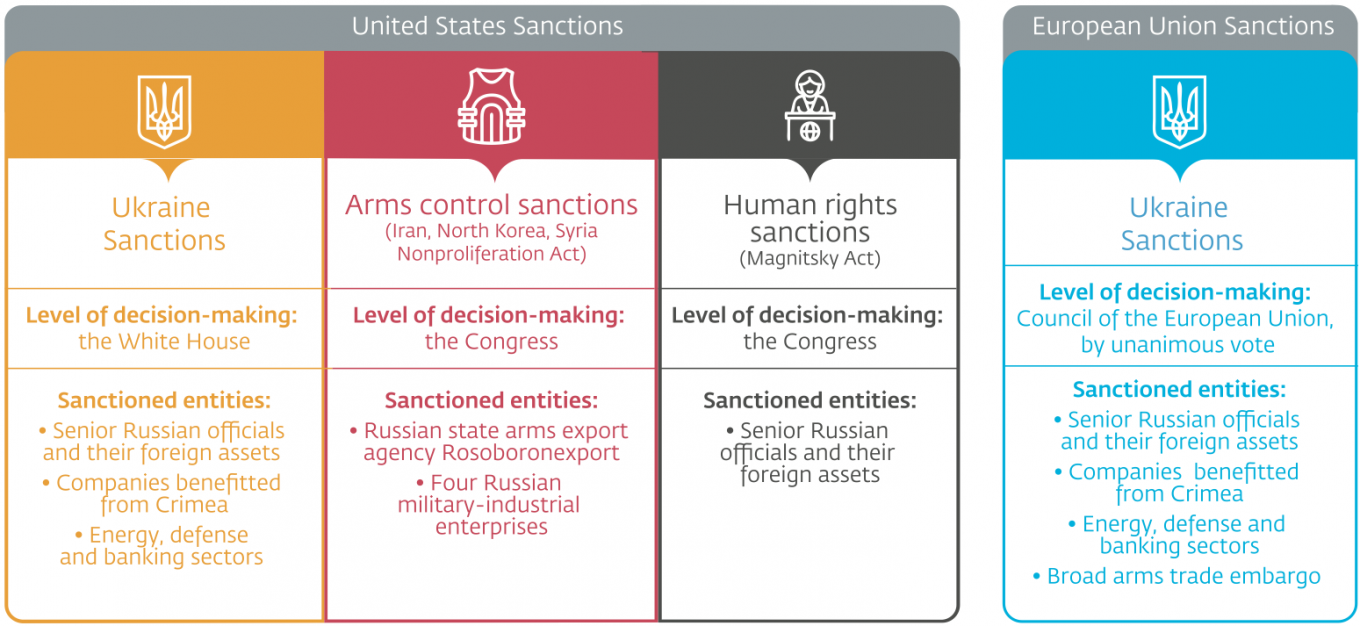
Will Europe Assist?
The issue of sanctions against Russia is not simply an American one. Washington’s allies in Europe have closely mirrored and worked with the previous U.S. administration to impose their own sanctions on Russia. On the whole, it has been an allied effort. This makes it unlikely that Trump will lift sanctions unilaterally, says political expert Vladimir Frolov.
However, the situation in Europe is changing in Russia’s favor. New winds are blowing across the continent, and the moods may be shifting. Populist movements are on the rise, and voices in favor of weakening sanctions on Russia are growing stronger.
Even the cornerstone Franco-German axis is under strain. Francois Fillon, the frontrunner in this year’s French presidential election, is known for his lobbying against sanctions. On Jan. 23, after meeting German Chancellor Angela Merkel, he told reporters that Europe must be prepared to lift sanctions if Trump tries to go over their heads — “which is not inconceivable.”
The lifting of EU sanctions against Russia is no less complicated than the lifting of American sanctions. It will require a broad, union-wide consensus. Moreover, European sanctions are tied to the implementation of the Minsk ceasefire agreements in Ukraine. That wouldn’t necessarily be a deal-breaker, says Lukyanov: It could be overcome should the major actors — Germany, in particular — support a u-turn on Russia.
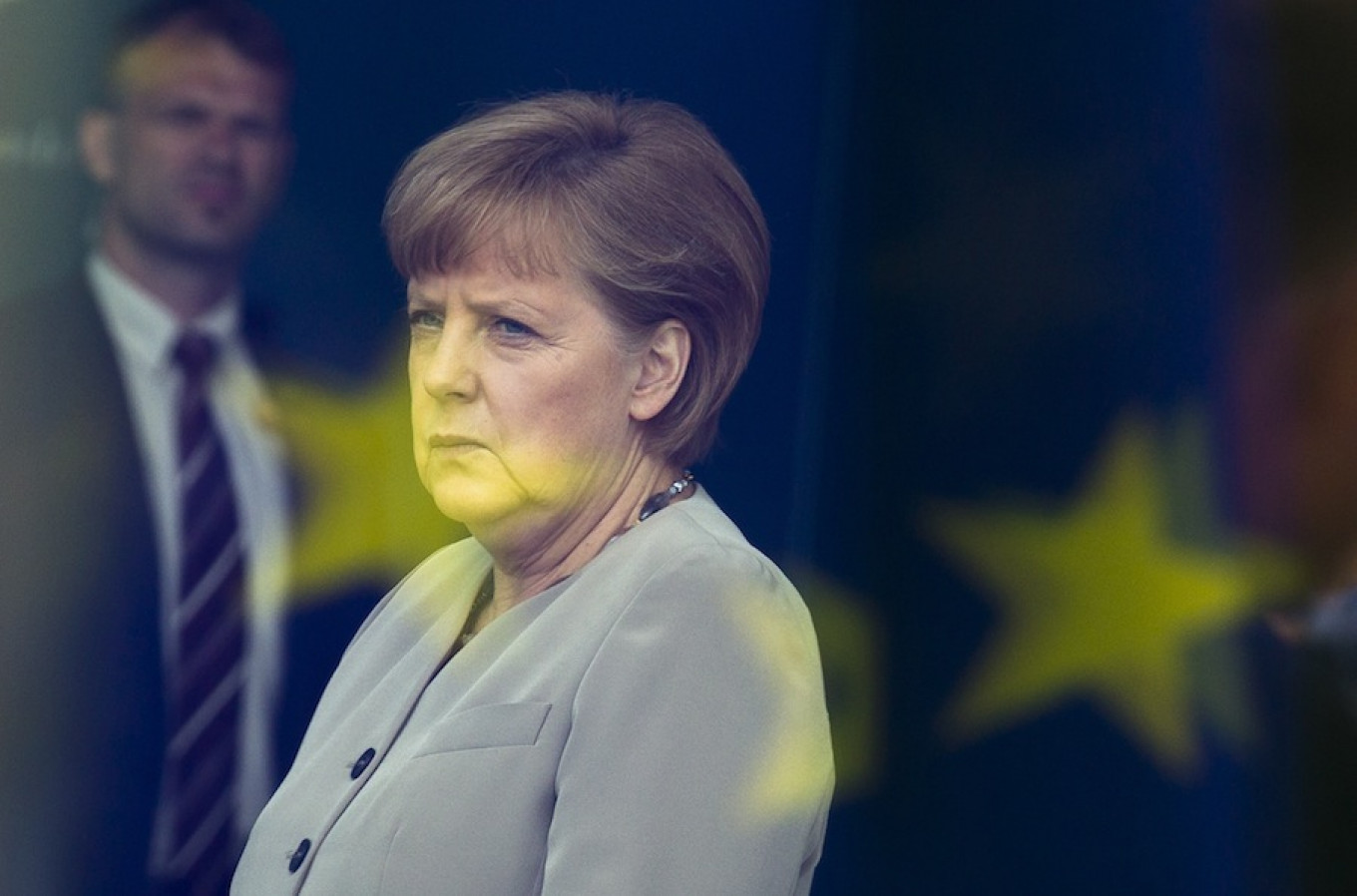
Will Germany Break?
However, while France under a prospective Fillon presidency may be open to lifting sanctions, Germany under Merkel is not. “Under Merkel, Germany now is taking all responsibility for maintaining global liberal values”, says Alexander Rahr, research director of the German-Russian Forum. And Moscow’s ability to undermine Merkel’s stance are extremely limited.
The question is, then, how long can Merkel hold the line? Even she would be forced to change tack were Trump to ignore the concerns of his strongest ally on the European continent and unilaterally lift sanctions, argues Rahr.
Since that remains an unlikely scenario, Moscow’s dreams of future free of a sanctions will, for the moment, have to wait.
A Message from The Moscow Times:
Dear readers,
We are facing unprecedented challenges. Russia's Prosecutor General's Office has designated The Moscow Times as an "undesirable" organization, criminalizing our work and putting our staff at risk of prosecution. This follows our earlier unjust labeling as a "foreign agent."
These actions are direct attempts to silence independent journalism in Russia. The authorities claim our work "discredits the decisions of the Russian leadership." We see things differently: we strive to provide accurate, unbiased reporting on Russia.
We, the journalists of The Moscow Times, refuse to be silenced. But to continue our work, we need your help.
Your support, no matter how small, makes a world of difference. If you can, please support us monthly starting from just $2. It's quick to set up, and every contribution makes a significant impact.
By supporting The Moscow Times, you're defending open, independent journalism in the face of repression. Thank you for standing with us.
Remind me later.



